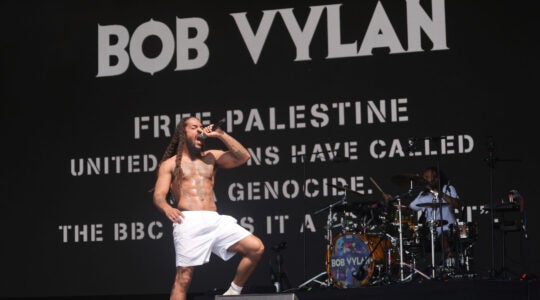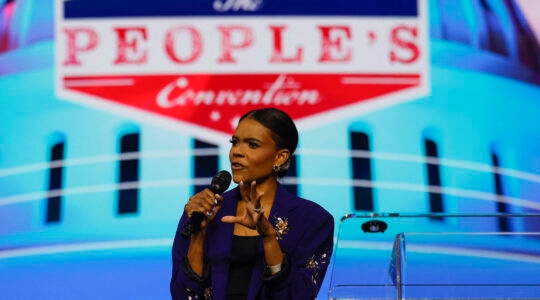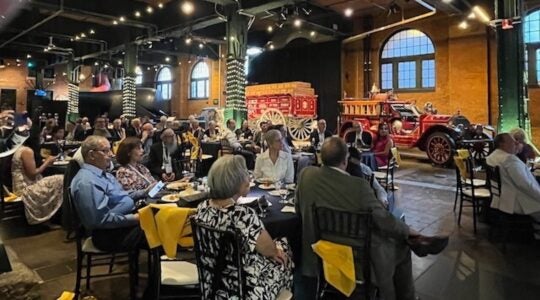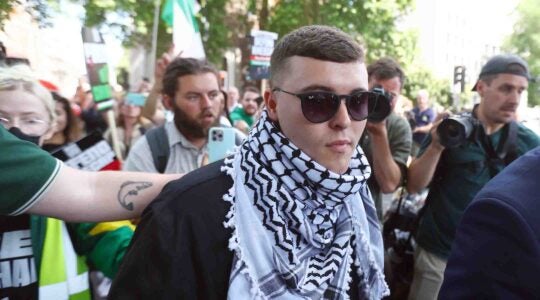Most of Barack Obama’s public appearances are beginning with a prayer (like this one with a Denver-area rabbi) and the Washington Post reports that no one seems to be bothered by it because the invocations are done in an inclusive, interfaith way that seems to limit opposition:
Church-state experts say the policy, which President Obama also followed while campaigning, does not appear to be illegal because the White House tells people who lead the prayers to be nonsectarian. But some raised concerns about prayers being scripted or reviewed in advance.
People who helped plan public events for former presidents George W. Bush and Bill Clinton say they did not routinely organize prayers before non-religious events. Historians note that there is no clear record of prayers before presidential appearances, but they could not remember prayers being said as routinely as they are now.
The policy, first reported in U.S. News & World Report, appears to continue a new White House approach to religion: invite piety and spirituality at every opportunity, but with a new emphasis on interfaith participants and atheists. Obama mentioned "non-believers" in his inauguration speech and, even as he unveiled his faith-based office to religious conservatives at the National Prayer Breakfast, he noted that he did not consider faith-based social service programs inherently superior to secular ones.
"To me, it’s entirely a new frontier of religious politics," said University of Washington communications professor David Domke, who has written about presidential rhetoric and religion. "Prayer will be different than what we’ve experienced since Reagan, with a much more substantial interfaith element."
One warning is sounded by a scholar in the piece:
"The larger danger isn’t for the Obama administration, it’s that the prayer becomes so vacuous," said Randall Balmer, a professor of American religious history at Barnard College and an editor of the evangelical magazine Christianity Today. "That, to me as a person of faith, is a larger worry."
Meanwhile, there were a number of Jewish leaders among the faith-based guest list, printed by U.S. News, at the White House event where President Obama overturned his predecessor’s order restricting federal funding for embyonic stem cells:
– Maureen Shea, Episcopal Church USA, Director of Government Relations
– James Winkler, United Methodist Church, Secretary of the General Board of Church and Society
– Rabbi Steve Gutow, Jewish Council for Public Affairs
– Rev. Welton Gaddy, Interfaith Alliance
– Nancy Ratzan, National Council of Jewish Women
– Nathan Diament, Union of Orthodox Jewish Congregations
– Rabbi David Saperstein, Religious Action Center for Reform Judaism
JTA has documented Jewish history in real-time for over a century. Keep our journalism strong by joining us in supporting independent, award-winning reporting.




